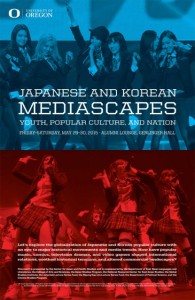Deadline: 06/14/2015
Job description
The Department of Media and Culture Studies (MCW) seeks an assistant professor (UD) in the area of Film & Media Studies with challenging tasks in education and research within a dynamic professional field and department.
For the available position, we are searching for a candidate in particular who has demonstrably good qualifications in the field of education, research and education management and who would be able to provide a combination of the following areas of education:
- (New) screen theory;
- Digital cinema;
- Media production and creative industries.
In the field of education, the training courses that MCW provides (BA Media Studies, BA Communication and Information Sciences, BA Language and Cultural Studies; MA Media Studies) are aimed at an integrated and interdisciplinary approach to media and media culture. Attention to the (historic) transformation of media and media culture and the role of media in society form the main focus, with a concentration within the education on research skills and (qualitative) research methods.
Candidates who can be deployed broadly in several areas of education, preferably across media, will be given preference. Candidates with demonstrable affinity to communication studies issues are preferred. Good methodological knowledge and skills which also translate to education, are required for this position.
Qualifications
- Experience in teaching at both Bachelor and Master level;
- Capacity to train students in different (qualitative) research methods;
- Considerable research output, evidence of which include a finished PhD and publications at an internationally recognized level;
- Experience with successful applications for external funding is desirable;
- Experience in a coordinating position is advantageous;
- Good communication skills and team spirit;
- Basic Teaching Qualification (BKO) according to Dutch university standards (or to be obtained within two years);
- Fluency in English, preferably close to near-native standard;
- Fluency in Dutch, preferably close to near-native standard.
Offer
The initial appointment will be on a temporary basis for a period of two years. Subject to performance, this will be followed by a permanent position. The gross monthly salary for an assistant professor’s position will range from € 3,324 to € 5,171, for a full time position, consistent with the CAO scale 11/12 (Collective Labour Agreement) for Dutch Universities.
The salary is supplemented with a holiday pay of 8% and an end-of-year payment of 8.3% per year. In addition, we offer a pension scheme, partially paid parental leave, flexible employment conditions the possibility to participate in a collective health care plan, and other benefits. Conditions are based on the Collective Labour Agreement of Dutch Universities.
About the organisation
Utrecht University strives for excellence in teaching and study performance. This also holds for the clearly defined research profiles with respect to four core themes: Dynamics of Youth, Institutions, Life Sciences and Sustainability. Utrecht University has a strong commitment to community outreach and contributes to answering the social questions of today and tomorrow.
The Faculty of Humanities has around 7,000 students and 900 staff members. It comprises four knowledge domains:
- Philosophy and Religious Studies;
- History and Art History;
- Media and Culture Studies and;
- Languages, Literature and Communication.
With its research and education in these fields, the faculty aims to contribute to a better understanding of the Netherlands and Europe in a rapidly changing social and cultural context.
The enthusiastic and committed colleagues and the excellent amenities in the historical city centre of Utrecht, where the Faculty is housed, contribute to an inspiring working environment.
The Department of Media and Culture Studies at Utrecht University is an internationally renowned teaching and research consortium composed of scholars in Theatre, Dance, Film, Television, Music, Arts Policy, New Media, Game and Gender Studies. It is dedicated to an interdisciplinary approach to media, performance, and culture in general. Attention to the (historic) transformation of media, performance and culture and their role in society form the main focus.
Culture is a dynamic mix of artistic, creative and everyday activities, with which people shape their identity and actions and within which societal structures and institutions gain shape. Media (old and new) have a crucial role in how this is happening. The Department offers a variety of courses at the bachelor, the master and the doctorate level.
The research of the Media and Culture Department is being coordinated by the Institute for Cultural Enquiry (ICON). Researchers at MCW participate in three ICON programmes: Gender Studies, Media & Performance Studies, and Musicology. All three have received excellent assessments in the most recent research visitation. Furthermore, researchers in our department play an important role in the university-wide focus area ‘Cultures, Citizenship and Human Rights’ and ‘Game Research’. The Media and Culture department also hosts the Netherlands Research School of Gender Studies (NOG).
Additional information
For additional information please contact prof. dr. Maaike Bleeker by email: M.A.Bleeker@uu.nl.
For more information about our courses, please consult:
- BA Media en Cultuur;
- MA Film- en Televisiewetenschap;
- BA Communicatie- en informatiewetenschappen;
- MA Media and Performance studies;
- MA New Media Digital Culture.
For more information about Utrecht University’s research, see:
- Institute for cultural inquiry;
- New Media Studies;
- Game Research;
- Cultures, Citizenship and Human Rights.
To Apply:
Applications should include a letter of motivation, curriculum vitae, a list of publications and evaluations of teaching. Please use the application button below. The application deadline is 14 June 2015.
Interviews will be scheduled for 25 and 26 June 2015.
![]()
![]()
![]()
The application deadline is 06/14/2015




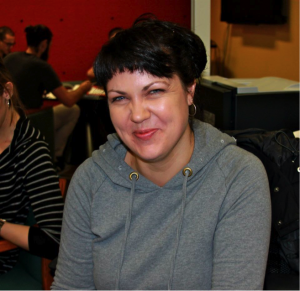



 Specializes in: New Media, Smartphones, Communication, and Technology
Specializes in: New Media, Smartphones, Communication, and Technology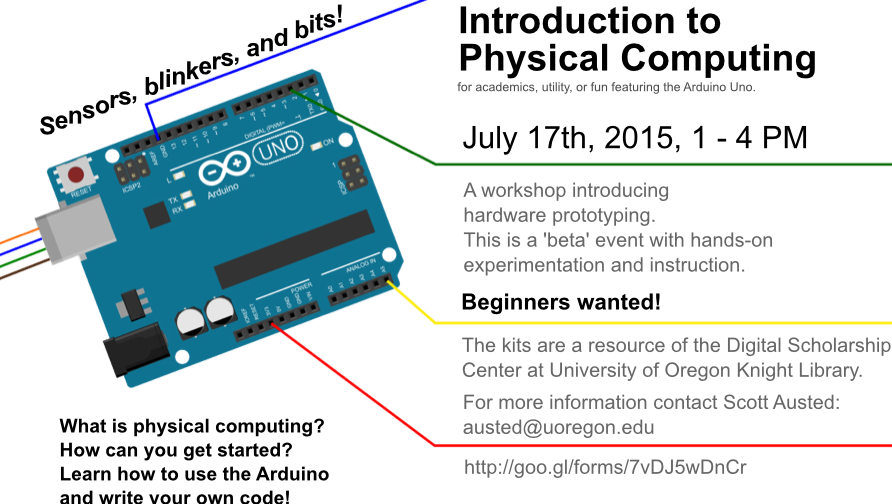
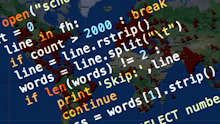 1.
1. 
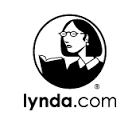
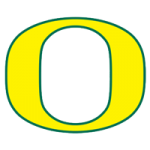
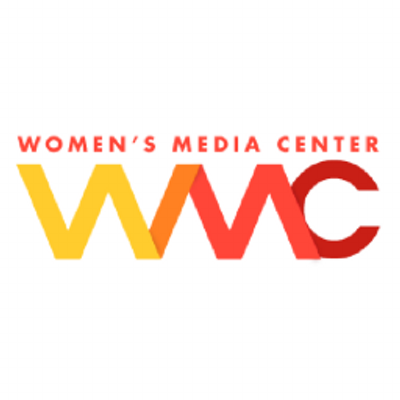 7.
7. 